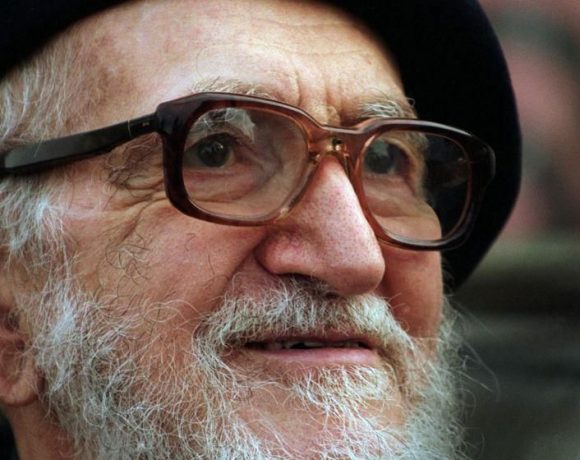
French Roman Catholic priest Abbé Pierre, a celebrated advocate for the homeless, has been accused of sexual assault 17 years after his death. Abbé Pierre, who passed away in January 2007 at the age of 94, is now alleged to have sexually assaulted or harassed seven women between 1970 and 2005. The Emmaus anti-poverty movement, which he founded, revealed the allegations and expressed belief in the women’s testimonies.
“These revelations have shaken our organizations, where the figure of Abbé Pierre plays a major role,” Emmaus stated on its website. “We all know his story and his message. These acts profoundly change the way we regard this man, who was known above all for his struggle against poverty, destitution, and exclusion.” The allegations have tarnished the posthumous reputation of Abbé Pierre, who was widely popular in France during his lifetime, even topping national popularity polls. His movement, Emmaus, has a global presence with hostels in numerous countries.
Following his death, then-President Jacques Chirac described Abbé Pierre as “an immense figure, a conscience, an incarnation of goodness.” Emmaus began investigating the allegations a year ago after receiving an account from a woman claiming to have been sexually assaulted by Abbé Pierre. This led to an inquiry by an external firm, which found six additional cases, including one involving a minor.
Emmaus acknowledged the bravery of the women who came forward, stating, “We believe them, we know that these intolerable acts have left their mark, and we stand by them.” The allegations dominated the headlines of the French press, with many expressing shock at the fall of such a revered figure. Libération, a left-wing newspaper, linked the scandal to the broader issue of the Catholic Church’s silence on sexual abuse, noting that before the MeToo movement, these allegations might have remained unheard.
Emmaus has established a confidential system to collect testimonies from anyone who experienced or witnessed “unacceptable behavior” by Abbé Pierre, offering guidance and support to those who come forward.
Picture Courtesy: Google/images are subject to copyright

